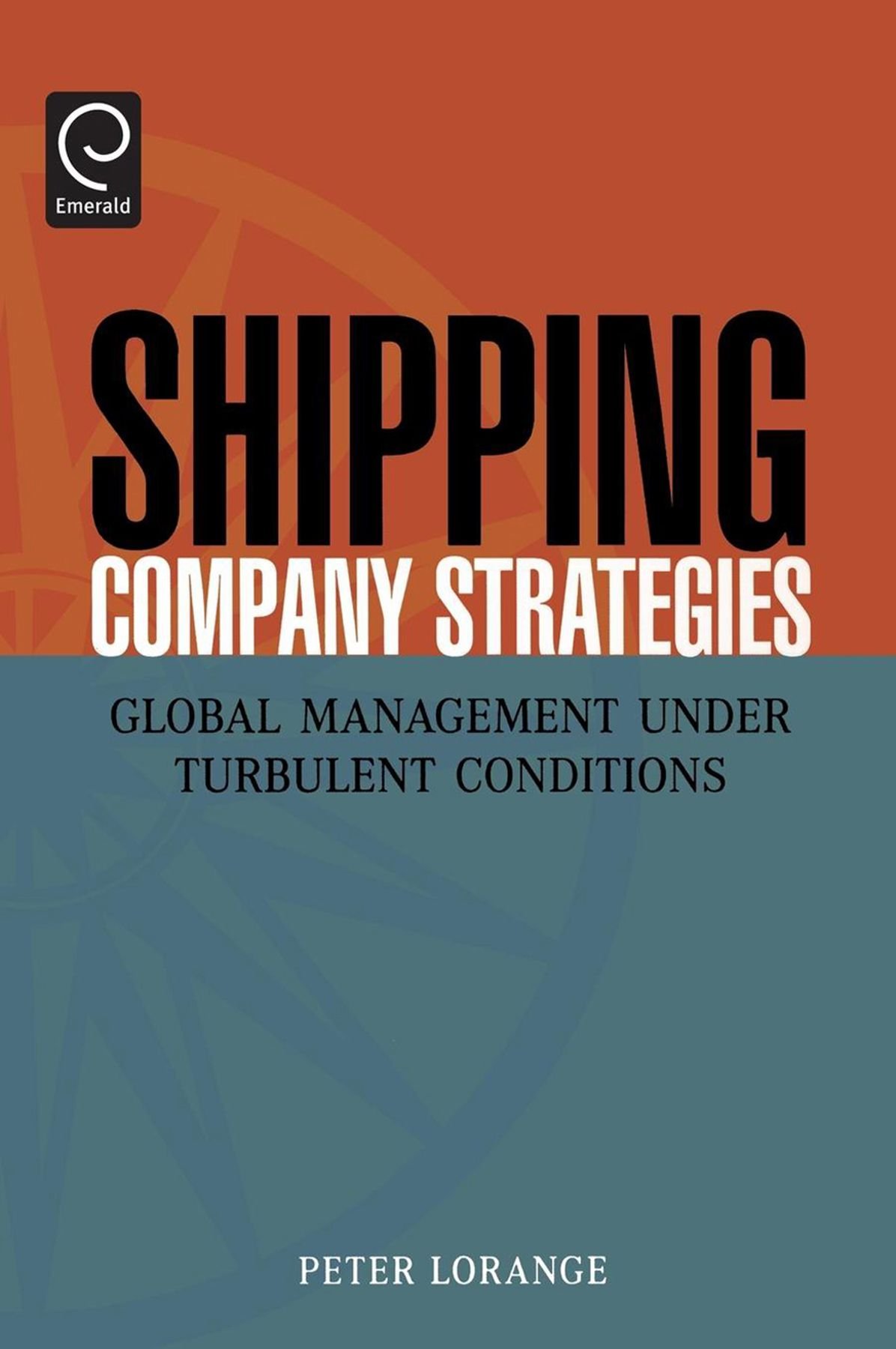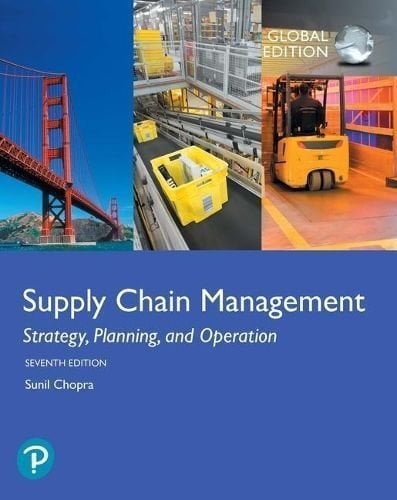This book is about developing implementable strategies for shipping firms. It opens with an initial historical retrospective that highlights cases on A.P. Moller-Maersk and Leif Hoegh and Co. Here the reader is introduced to the global nature of competition in shipping, as well as the volatility of shipping markets. The book then turns to the question of how to play these markets. It looks at commodity based shipping company strategies for the bulk carrier, tanker container-ship and other segments. Here, the focus is on both going long-short, in-out, and maintaining a low cost base. Next is a discussion of operations versus asset play. The book analyzes Marsoft’s forecasting methodology, with case studies on The Torvald Klaveness Group, Norden, Frontline and Teekay. The book then takes a close look at the challenge of driving one’s strategy towards niches, i.e. on-commodity segments, with a spotlight on how to find a viable business opportunity and develop a defendable strength there. Examples come from I.M. Skaugen, Farstad Shipping, The Torvald Klaveness Group and Leif Hoegh and Co. Since overall corporate-wide portfolio strategies can be important in shipping, particularly if the various elements in the portfolio are relatively unrelated, the next part of the book turns to analytical approaches, citing several examples. Then follows a discussion of key organizational issues, particularly how to create and sustain more effective, predominantly network-based organizations. The penultimate subject is the important role the board of directors can play here. Finally, the role of family firms, and the future of shipping firms, is discussed, again with several rich examples.












